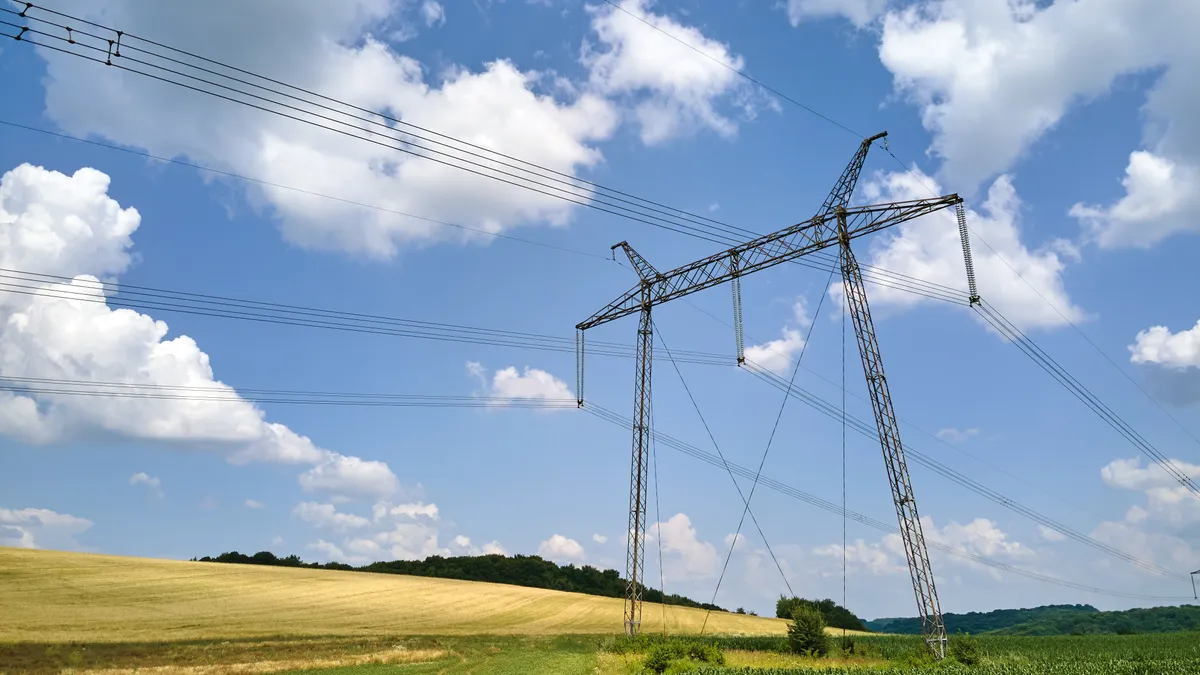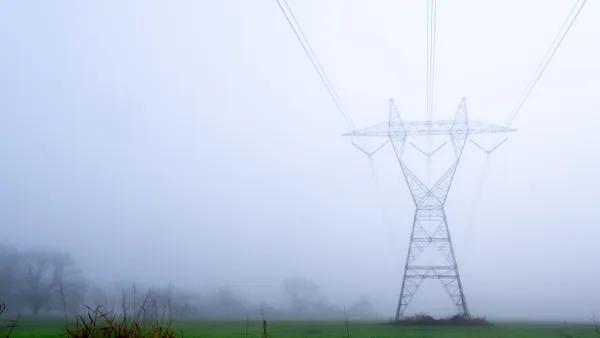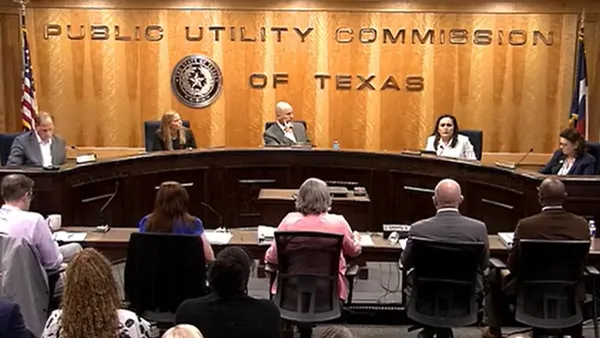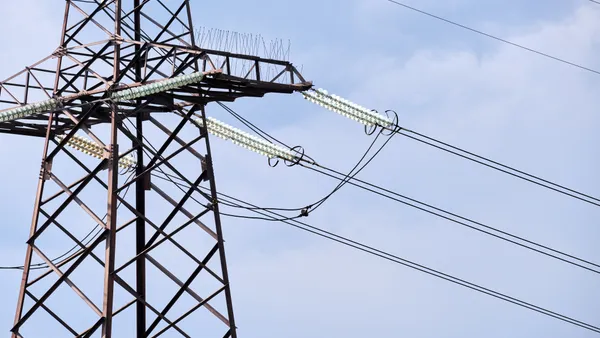Dive Brief:
- California Gov. Jerry Brown has hit pause on his state's attempt to integrate PacifiCorp's operations into its markets and then possibly expand further, informing the governors of Utah, Wyoming, Idaho, Oregon, Washington that plans for a regional market is on hold for now, the Los Angeles Times reports.
- It is not necessarily a lengthy delay, however; Brown said in a letter to the other governors that he anticipates having a proposal for them to consider by January.
- While there are benefits to a regional market, many have worried it could set California back from progress made on greenhouse gas emissions, and the state would also lose the total control over its markets it currently enjoys.
Dive Insight:
California had been closing in on the development of a regional electricity market, but yesterday Brown sent a letter that said too many questions remain to forge ahead at this point.
“While very significant progress has been made ... there remain some important unresolved questions that would be difficult to answer in the remainder of this legislative session,” Brown told other state chiefs in a brief letter. Though California's legislature last year approved the expanded grid, there have been concerns about how the new market would function, as well as competing proposals.
"The goal is to develop a strong proposal that the Legislature can consider in January,” he said. “I’m confident that by working together we can get the job done.”
The California ISO had already made several concessions to transmission owners wary of joining a regionalized market, many of whom saw downsides to joining a regional market potentially dominated by the largest economy in the country. On the flip side, there were concerns that integrating other transmission and power assets would have added carbon to the state's mix.
According to the Sierra Club, merging the California ISO with PacifiCorp could lead to higher coal burn. But the group still says the regional market has merit.
“A western regional energy market can benefit California so long as it does not undermine the crucial progress we have made to cut climate damaging pollution and boost our clean energy economy. Connecting us with PacifiCorp and its heavy coal fleet raised a lot of red flags for the state and the region," Kathryn Phillips, director of Sierra Club California, said in a statement.
Phillips braised Brown's decision to slow the process, saying his letter to other governors "confirms that he understands California must take the time it needs to design a regional system that stays true to our values and grows our progress.”
Last month, California ISO issued new governance documents which aimed to protect state authority over matters regulated by the states themselves, a concession to those who believed the state could wield too much influence.
According to the documents, new rules would have included "binding provisions to protect and preserve state authority over matters regulated by the states themselves, including procurement policy and resource planning."














